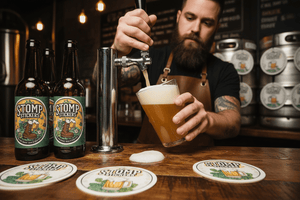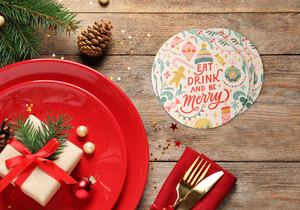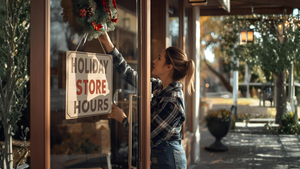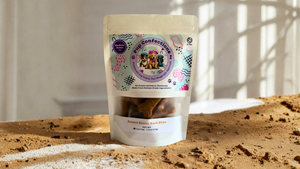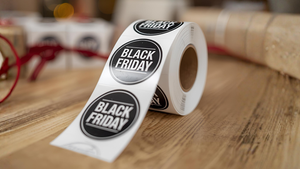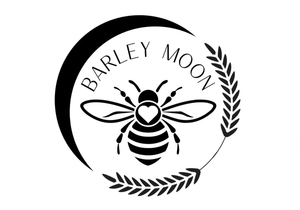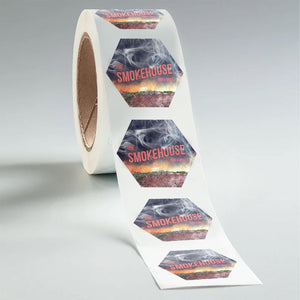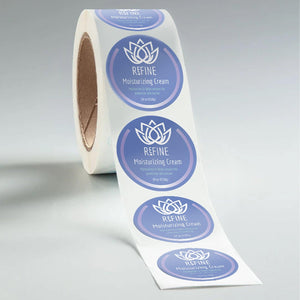From Shelf to Cart: Custom Labels That Win Customers

Custom labels are like your product’s wingman—they show up first, talk you up, and help people remember you later. Whether you're wrapping candles, bottling cold brew, or shipping out hand-poured soaps, labels give you a way to stick in your customer’s mind—literally and figuratively.
They don’t just tag your products. They tell your story, showcase your style, and help turn everyday items into small-scale branding machines.
1. Product Packaging That Actually Sells
If your product’s on a shelf, it's in a silent competition. A custom product label is your best chance to stand out without saying a word.
Tips that work:
- Use color psychology to make your product pop (e.g., green for wellness, gold for indulgence).
- Choose finishes based on your brand vibe: matte for natural/handcrafted, gloss for bold and modern.
- Make space for a micro-story—why you made it, who it’s for, or even a joke that keeps it real.
Example: A kombucha brand added “No, we won’t tell your boss” next to the ABV and saw a spike in social shares.
2. Limited Editions That Feel Like Collector’s Items
Seasonal blends, collabs, or limited drops? Custom labels let you mix up your look without overhauling your packaging every time.
Why it matters:
People love the idea of getting something that won’t be around forever. Make it feel special with a one-off label that nods to the occasion or flavor.
Example: A local hot sauce maker drops a Halloween blend every October. They use matte-finish labels with bold, high-contrast artwork and a limited-edition tagline. It’s got just the right mix of spooky and sharp—and fans now ask for it by name each fall.

3. Tamper-Proof Labels That Build Trust
Let’s be honest—security doesn’t sound sexy. But a label that shows your product hasn’t been touched? That’s peace of mind in peel-and-stick form.
Best for: Food, beverages, wellness products, skincare, anything that people are putting on or in their body.
Example: A skincare brand started sealing their jars with custom perforated labels printed with batch numbers. Their returns dropped, and trust? Way up.

4. Labels That Educate (Without Boring Anyone)
People want info—but they don’t want to read a textbook on the side of a jar. Labels can deliver just enough to inform, without overwhelming.
Use labels to share:
- Ingredients or sourcing stories (“Honey harvested in Upstate NY” hits harder than “natural sweetener”)
- Usage hacks (“Sprinkle on popcorn. Trust us.”)
- Storage tips, allergy callouts, or certifications
Pro move: Layer info on the back label, and let the front stay clean and iconic.
5. In-the-Wild Labels That Travel with Your Brand
Stickers are great for laptops. Labels are great for everything else. Think mailers, shipping boxes, shopping bags, coffee cups—wherever your brand can go, a label can go with it.
Ideas that work:
- Thank-you labels for packaging (“You’re the reason this little biz exists”)
- “Follow us” or QR codes with customer photos
- Return address labels that actually match your branding
And just think, they’re easy to swap for promotions, events, or just a refresh. And yes, even customized labels can find their way into international orders without feeling out of place.

When Labels Build Loyalty
One small-batch candle maker started designing candle labels around customer reviews—yes, actual quotes. Each scent had a custom label featuring a line from someone who loved it. It didn’t just validate the product—it made every purchase feel like part of something bigger. Repeat orders went up. So did UGC.
Another win? A juice company redesigned its labels to highlight local ingredients by zip code. Customers started asking for blends from their neighborhood farms. It was personal, and it turned passive buyers into vocal fans.
When You’re Ready to Try It Yourself
Before you start designing your next label, it helps to see what’s possible. From waterproof options to creative die-cuts, custom labels give you room to tell your story your way—whether you're bottling hot sauce, wrapping candles, or tagging up your next limited run.
FAQs
What materials are best for custom labels?
Paper works for dry goods. For moisture or heavy handling, go with BOPP—it’s waterproof and durable. Use tamper-evident labels when security matters.
Can I use custom labels on curved or irregular packaging?
Yes. BOPP labels are flexible and hold up well on surfaces like jars, tubes, and bottles. Just make sure your label size and shape fit the curve cleanly—too wide, and it might wrinkle.
Can I print small runs without it costing a fortune?
Yep. Short runs of custom labels are more affordable than you think—and they’re a smart way to test new designs or limited products without overcommitting.
How do I design labels that actually get noticed?
Start with clarity. Use fewer words, better visuals, and keep your layout clean. Think of your label as a billboard people see from two feet away.
Are there sustainable label options?
Absolutely. Recycled paper stocks, biodegradable adhesives, and even soy-based inks are all on the table. Bonus: they appeal to eco-conscious buyers.
Do labels really affect customer trust?
Yes. A label can signal quality, safety, or personality in under three seconds. People do judge books by their covers—and products by their labels.
- Tags: Labels
- Nashira Edmiston

